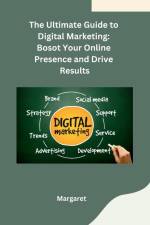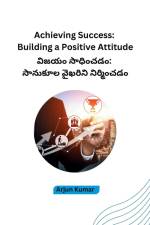av Alba Garcia
329,-
Power Yoga is a dynamic and vigorous form of yoga that combines physical strength, flexibility, and mental focus. It is a modern variation of traditional yoga practices that aims to promote physical fitness, stress relief, and overall well-being. In this subchapter, we will explore the essence of Power Yoga, its benefits, and how it can be practiced by anyone, regardless of their fitness level or experience.Power Yoga originated in the late 1980s as a response to the increasing popularity of fitness-based approaches to yoga. It draws inspiration from Ashtanga Vinyasa Yoga, focusing on flowing movements and synchronized breath to build heat in the body. The practice is designed to challenge both the body and mind, promoting strength, endurance, and concentration.Unlike traditional yoga styles, Power Yoga does not adhere to a fixed sequence of poses. Instead, it allows for flexibility and creativity, enabling practitioners to tailor their practice to their individual needs and goals. It typically includes a variety of standing, seated, and inverted poses, as well as core-strengthening exercises and balance postures.One of the key aspects of Power Yoga is the emphasis on building physical strength. The practice involves holding challenging poses for longer durations, which helps to develop muscle tone and increase stamina. By engaging in regular Power Yoga sessions, practitioners can expect improved flexibility, enhanced cardiovascular health, and a toned physique.However, Power Yoga is not solely focused on physicality. It also promotes mental clarity and stress relief through breath control and mindfulness. The practice encourages individuals to be present in the moment, letting go of distractions and cultivating inner peace. Power Yoga sessions often end with a relaxation period, allowing for a complete integration of body and mind.What makes Power Yoga so appealing is its accessibility to everyone. Regardless of age, fitness level, or prior yoga experience, anyone can benefit from this practice. Modifications and variations are available for each pose, making it suitable for beginners and advanced practitioners alike. The key is to listen to your body, honor its limitations, and gradually progress at your own pace






























